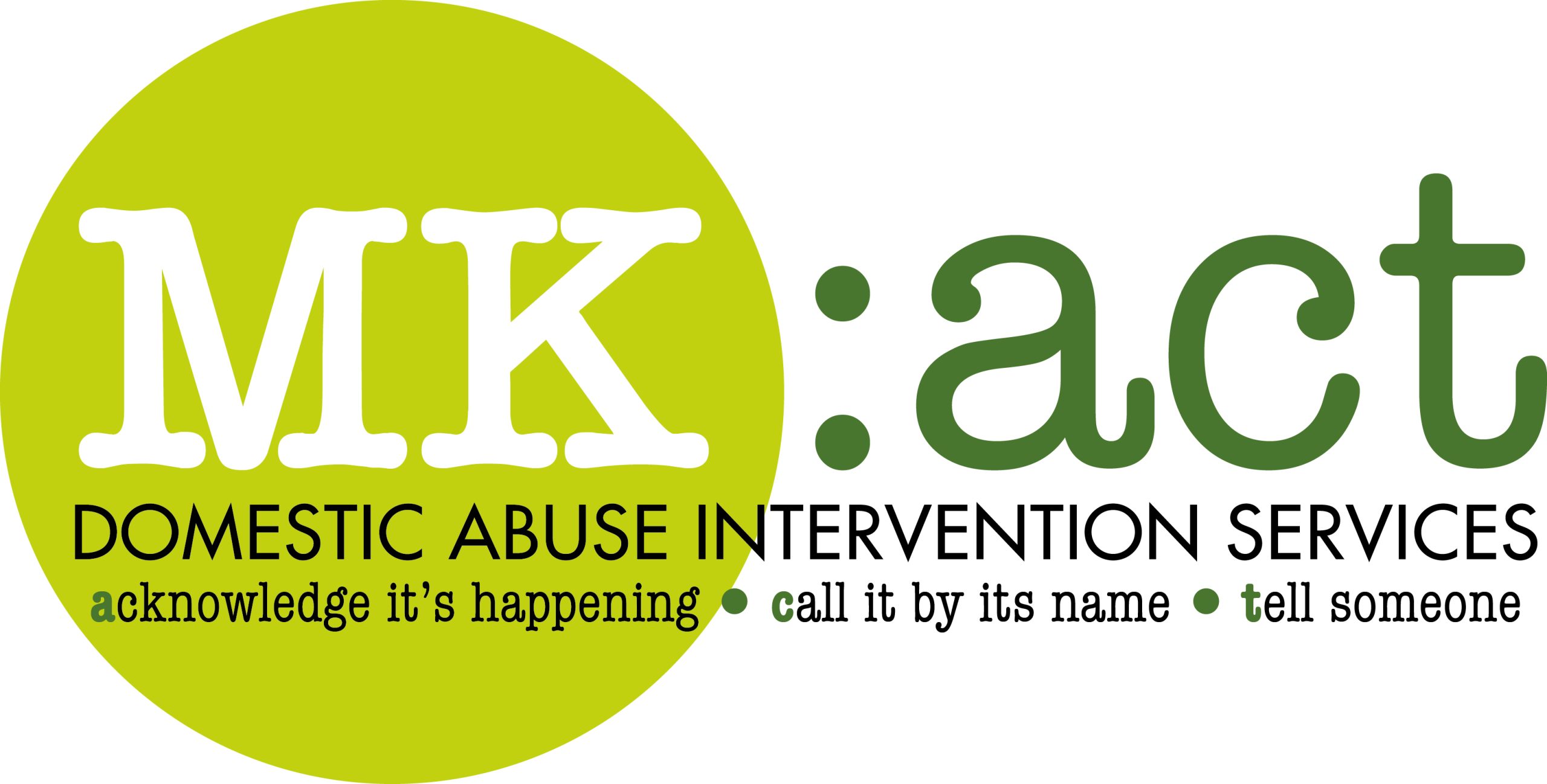
Since April 2013, Domestic Abuse has been defined by the Government as:
Any incident or pattern of incidents of controlling, coercive or threatening behaviour, violence or abuse between those aged 16 or over who are or have been intimate partners or family members regardless of gender or sexuality. This can encompass, but is not limited to, the following types of abuse:
- Psychological
- Physical
- Sexual
- Financial
- Emotional
Controlling behaviour is: a range of acts designed to make a person subordinate and/or dependent by isolating them from sources of support, exploiting their resources and capacities for personal gain, depriving them of the means needed for independence, resistance and escape and regulating their everyday behaviour.
Coercive behaviour is: an act or a pattern of acts of assault, threats, humiliation and intimidation or other abuse that is used to harm, punish, or frighten their victim
Harmful Practices – FGM, HBV and Forced Marriage
Throughout the world, there are many different types of harmful practices that violate human rights, predominantly of women.
Female Genital Mutilation
FGM involves the partial or total removal of the external female genitalia, or other damage to the genital organs, for supposed cultural, religious or non-medical reasons. FGM, also known as female circumcision (cutting or sunna) can affect females from birth to pregnancy. It inflicts severe physical and psychological damage which can last a lifetime. While there is some intelligence to suggest that FGM is being physically performed in the UK, most victims are usually taken abroad, commonly on flights in the holiday periods of Easter, summer and Christmas.
Honour Based Violence (HBV)
It is a crime or incident which has, or may have been, committed to protect or defend the honour of the family and/or community. HBV has the potential to be both a domestic abuse and child abuse concern. There are specific behaviours, attitudes and actions that may constitute dishonour and are wide ranging. Individuals, families and communities may take drastic steps to preserve and protect that honour.
Forced Marriage
Unlike an arranged marriage where the prospective spouses may choose whether or not they wish to accept the partnership, a forced marriage is when one or both spouses do not consent to the marriage, or consent is extracted through duress. From June 2014, forcing someone to marry against their will is crime and anyone found guilty can face up to seven years in prison. avenge their honour which can lead to substantial human rights abuses.
Whatever form it takes, domestic abuse is rarely a one-off incident, and should instead be seen as a pattern of abusive and controlling behaviour through which the abuser seeks power over their victim. Typically the abuse involves a pattern of abusive and controlling behaviour, which tends to get worse over time. The abuse can begin at any time, in the first year, or after many years of life together. It may begin, continue, or escalate after a couple have separated and may take place not only in the home but also in a public place.
Domestic abuse occurs across society, regardless of age, gender, race, sexuality, wealth, and geography, but we acknowledge that Domestic Abuse is gendered in its nature and the majority of victims are women.
